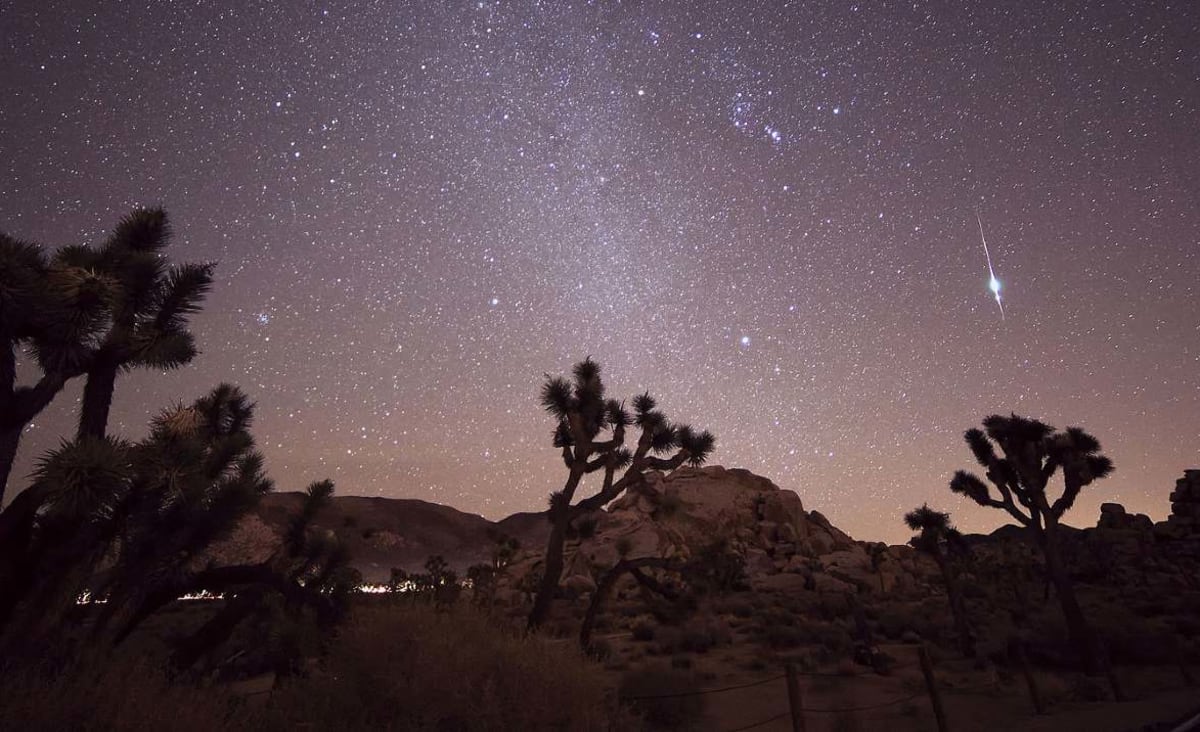
www.goodnewsnetwork.org
Spectacular Geminid Meteor Shower Next Week – See Up to 120 Shooting Stars Per Hour
The geminid meteor shower for December 2021 is coming, and it's going to be a spectacular event well worth staying awake for.
Science & Tech
There are lots of celestial events to look out for this December, from Venus being at its brightest to the arrival of the Full Cold Moon on December 18.
One phenomenon that has astronomers extra excited?
Peaking on the night of December 13—on this coming Monday, until Tuesday at sunrise—one of the most active meteor showers of 2021 will take place in the form of the Geminids.
Farmers’ Almanac reports that, with a clear sky, “free of moonlight, you can easily spot 50 or more meteors per hour. On an optimum night for the Geminids, it may even be possible to see up 100 meteors per hour.” Other sources, including the BBC, cite a peak of up to 120 meteors per hour.
The best time to view fireballs hurtling through the sky? At the darkest hour, that is, just before dawn.
To find out when the exact best viewing time is exactly where you live, head to TimeandDate.com for specific data.
https://www.timeanddate.com/astronomy/meteor-shower/geminids.html
What are the Geminids?
According to NASA, these shooting stars are “caused by a stream of debris left by the asteroid, 3200 Phaethon.
“When the Earth passes through the trails of dust every December left by 3200 Phaethon, we see the Geminid meteor shower as the dust (meteoroids) burn up in Earth’s atmosphere creating meteors.”
Visible all over the world, though seen most impressively in the Northern Hemisphere, there’s no need to look in a particular direction to spot these burning specks of dust.
Just bundle up, find a dark spot in your area, a large patch of open sky, and look up.
Because the Geminids are so bright, many people say these meteors show color. Look out for shooting stars that appear yellow, green, and blue as you gaze—and do let us know which hues you see.
























































